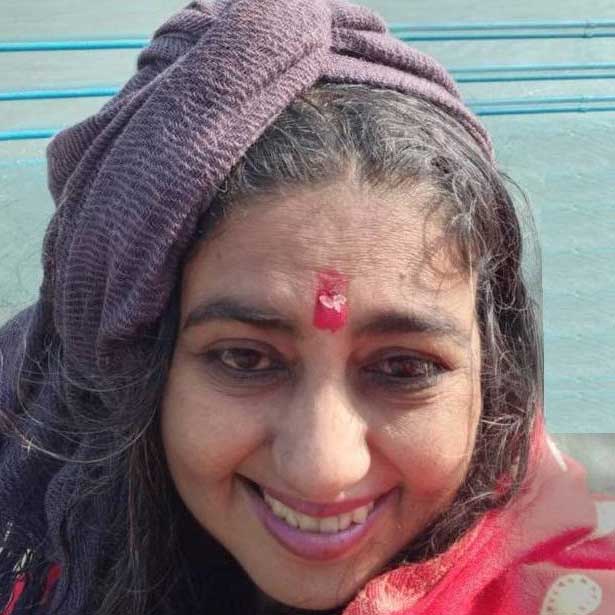
Womens Empowerment
Empowerment does not only mean providing a livelihood but education too. Our senior faculty has run sessions on how to empower oneself on a practical and deeper level, mind, body and spirit. Dealing with issues like low self esteem & confidence, ones purpose in life and how to reclaim your innate power, our faculty brings new perspectives for a new life to realize one’s full potential.
There are many civilizations in the world where respect for women and their role in society are prominent, and others where regard for them and their status should be improved. Yet the level of civility along with moral and spiritual standards in a society can often be perceived by the respect and regard it gives for its women. Not that it glorifies them for their sexuality and then gives them all the freedom men want so they can be exploited and taken advantage of, but that they are regarded in a way that allows them to live in honor for their importance in society with respect and protection, and given the opportunity to reach their real potential in life.
Among the many societies that can be found in the world, we have seen that some of the most venerating regard for women has been found in Vedic culture. The Vedic tradition has held a high regard for the qualities of women, and has retained the greatest respect within its tradition as seen in the honor it gives for the Goddess, who is portrayed as the feminine embodiment of important qualities and powers. These forms include those of Lakshmi (the goddess of fortune and queen of Lord Vishnu), Sarasvati (the goddess of learning), Subhadra (Krishna=s sister and auspiciousness personified), Durga (the goddess of strength and power), Kali (the power of time), and other Vedic goddesses that exemplify inner strength and divine attributes. Even divine power in the form of shakti is considered feminine.
Throughout the many years of Vedic culture, women have always been given the highest level of respect and freedom, but also protection and safety. There is a Vedic saying, “Where women are worshiped, there the gods dwell.” Or where the women are happy, there will be prosperity. In fact the direct quotes from the Manu-samhita explains as follows:
“Women must be honored and adorned by their fathers, brothers, husbands, and brothers‑in‑law, who desire their own welfare. Where women are honored, there the gods are pleased; but where they are not honored, no sacred rite yields rewards. Where the female relations live in grief, the family soon wholly perishes; but that family where they are not unhappy ever prospers. The houses on which female relations, not being duly honored, pronounce a curse, perish completely, as if destroyed by magic. Hence men who seek (their own) welfare, should always honor women on holidays and festivals with (gifts of) ornaments, clothes and (dainty) food.” (Manu Smriti III.55-59). In a similar way that would foretell the future if women are no longer honored, Grandfather Bhishma explained: “O ruler of the earth (Yuddhisthira) the lineage in which daughters and the daughters-in-law are saddened by ill treatment, that lineage is destroyed. When out of their grief these women curse these households, such households lose their charm, prosperity and happiness.” (Mahabharata, Anushashanparva, 12.14)

